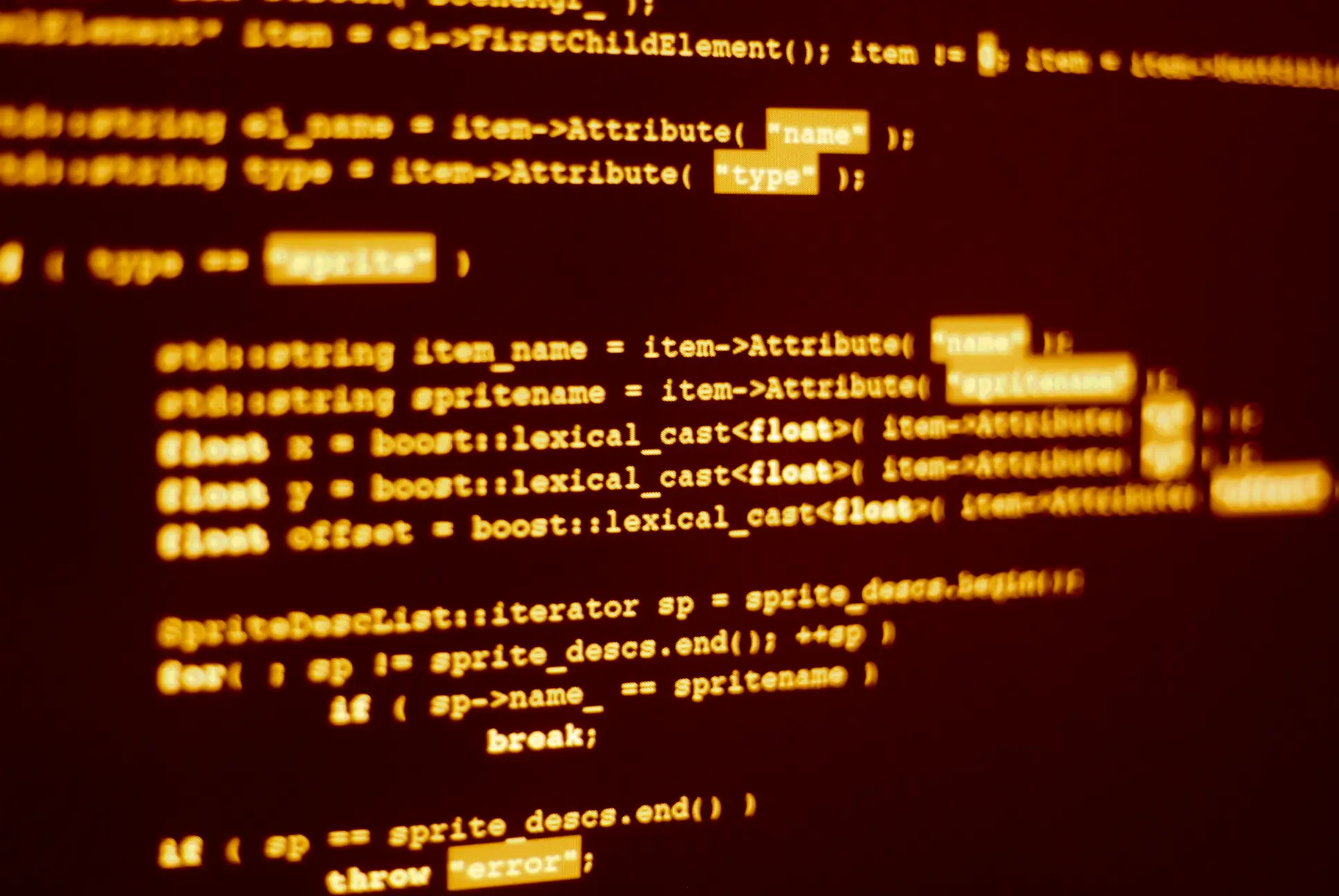Employer of Record (EOR) services aren’t just a tool for hassle-free global hiring, they’re also a powerful engine for employment & sustainability. Companies looking to scale responsibly can reduce their environmental footprint, enable remote teams, and support workforce diversity using EOR services. With Ambacia’s EOR solutions, firms can expand globally without the usual headaches of compliance, relocation, or office setup. This guide explores trends, actionable strategies, real-world examples, and practical steps to integrate EOR & sustainability into your company’s global hiring strategy.
Key Takeaways
- EORs reduce office setup, travel, and energy use, lowering emissions and resource consumption.
- Remote hiring through EORs supports social equity and economic development.
- Circular talent economy maximizes human resources and reduces unnecessary hiring cycles.
- Digital EOR platforms make ESG tracking easier and more transparent.
- Ambacia provides a complete solution for compliant, sustainable global hiring.
Why Companies Should Care About EOR & Sustainability

Sustainability in 2025 is no longer optional – it’s expected. Companies are facing pressure to meet ESG (Environmental, Social, Governance) standards while also hiring talent efficiently. At the same time, opening legal entities and offices in multiple countries is expensive and resource-intensive.
EORs solve both challenges. They simplify global hiring, reduce overhead, and improve sustainability metrics. With Ambacia, companies can hire anywhere in the world, onboard quickly, stay compliant, and lower their environmental impact, all at the same time.
Trend Snapshot 2025:
- Remote workforce: 62% of professionals expect partial or full remote work.
- Carbon reduction: Companies using EORs report up to 30% lower emissions from office energy and business travel.
- Diversity boost: Accessing global talent pools increases underrepresented hires by 25–40%.
These numbers show that EORs aren’t just convenient, they’re strategic for sustainable growth.
How EORs Support ESG Goals
Sustainability is a mix of environmental, social, and economic impact. Here’s how EORs help companies achieve these goals:
1. Reducing Office-Related Emissions
Instead of setting up offices and legal entities in every country, EORs take on the employer role locally. This reduces construction, energy consumption, and material waste. Companies save both money and natural resources.
2. Enabling Remote-First Work
EORs allow you to hire talent anywhere without relocating employees. Less commuting, less travel, lower emissions. Plus, remote teams often work happier and more productively.
3. Promoting Social Equity
EORs make it possible to hire from diverse regions and support local economies. By paying fair wages locally, companies contribute to regional development.
EORs Drive Sustainability Through Smart Hiring & Digital Efficiency
| EOR Advantage | Sustainability & Business Impact |
| Global hiring without offices | Cuts setup costs, materials, and environmental footprint |
| Inclusive remote workforce | Opens doors for underrepresented talent and boosts local economies |
| Digital HR & payroll | Less travel, less paper, improved compliance and efficiency |
Tips for companies:
- Use digital onboarding and payroll to track sustainability metrics.
- Partner with EORs that integrate with your HR systems.
- Promote flexible, remote-first policies to reduce office footprint.
With Ambacia, your HR operations can be fully digital, keeping teams compliant, productive, and eco-friendly.
Remote Teams & Eco-Friendly Work
Remote work is no longer optional, it’s the future. EORs make this model sustainable and scalable.
How remote talent via EOR supports sustainability:
- Slash Commuting Emissions: Employees don’t need to travel daily. Scaling this globally reduces millions of tons of CO₂ annually.
- Ease Urban Congestion: Fewer people commuting means less pollution, lighter public transit loads, and lower energy use in offices.
- Support Green Lifestyles: Employees can adopt renewable energy, grow food locally, and reduce single-use plastics.
EOR & Circular Talent Economy

EORs align with the circular talent economy concept: maximize the use of human resources without unnecessary relocation or rehiring.
| Activity | Sustainability Benefit |
| Hire local experts globally | Reduced relocation costs & emissions |
| Upskill & train employees | Retain talent longer, reduce turnover |
| Rotate talent across projects | Maximize productivity and minimize waste |
Case Example: A software company used Ambacia to hire IT engineers across Eastern Europe. They avoided relocation entirely, reduced HR admin by 40%, and boosted local employment.
Social & Economic Benefits of EORs
Sustainability is not only about the environment, it’s also about social impact and economic growth.
- Inclusive Teams: Hire from different regions and backgrounds, contributing to fair wages and regional development.
- Decentralized Growth: Employees can work from smaller towns or rural areas, reducing pressure on city infrastructure and supporting local communities.
- Boost ROI: EORs reduce hiring cycles, cut compliance risks, and improve workforce stability.
| Metric | Traditional Hiring | EOR (Ambacia) |
| Setup cost per country | High | Low |
| Compliance risk | Medium-High | Low |
| Carbon footprint | High | Reduced 25–30% |
| Time-to-hire | 60–90 days | 7–15 days |
| Talent diversity | Limited | Global & diverse |
Step-by-Step Guide: Using EOR Sustainably
- Set Clear ESG Objectives
Target remote hires in regions with untapped talent. - Measure & Track Impact
Use dashboards to monitor emissions, diversity, and productivity. - Partner with a Green EOR
Choose Ambacia for paperless contracts, digital payroll, and ESG-aligned workflows. - Optimize Talent Lifecycle
Encourage continuous learning, internal mobility, and reskilling programs. - Communicate Wins Internally
Share sustainability and remote work successes to reinforce company culture.
Turn your global hiring into a sustainability advantage. Book a demo with Ambacia!
EOR vs Traditional Hiring: 2025 Comparison
| Feature | Traditional Hiring | EOR (Ambacia) |
| Office setup | Required per country | Not needed |
| HR admin & compliance | Manual, paper-heavy | Fully digital |
| Travel & relocation | High | Minimal |
| ESG alignment | Low | High |
| Global talent diversity | Limited | Worldwide |
| Time-to-hire | 60–90 days | 7–15 days |
| ROI | Medium | High |
Conclusion: Your Guide to Sustainable Growth
EORs aren’t just about compliance—they’re a strategic lever for growth, sustainability, and talent efficiency. They enable:
- Remote & inclusive teams
- Lower emissions & office waste
- Social equity & regional development
With Ambacia, your company can scale globally, keep teams diverse, and minimize environmental impact, all seamlessly.

Ready to make your hiring sustainable and smart? Connect with Ambacia today!
FAQ:
1. What is an Employer of Record (EOR)?
An EOR is a service that legally employs your team on your behalf in other countries. It handles payroll, compliance, and benefits, allowing your company to hire globally without setting up a local entity.
2. How does EOR support sustainability?
EORs reduce the need for physical offices, cut commuting and business travel, and streamline HR operations digitally, helping lower a company’s carbon footprint. Using an EOR also directly contributes to EOR & sustainability initiatives by aligning hiring practices with environmental goals.
3. Can I hire remote employees through an EOR?
Yes. EORs allow companies to hire talent anywhere in the world without relocating employees, supporting fully remote or hybrid teams.
4. How does EOR help with compliance?
EORs manage local employment laws, taxes, and payroll. Companies remain compliant without needing legal teams in each country.
5. Can EOR improve workforce diversity?
Yes. By hiring globally, companies can access underrepresented talent pools, promoting inclusion and social equity. This approach also reinforces EOR & sustainability, combining social impact with environmentally conscious operations.
6. Does EOR save costs compared to traditional hiring?
Yes. Companies avoid legal entity setup, reduce office expenses, and save on relocation costs. Many organizations see faster ROI and lower HR overhead.
7. How does EOR reduce environmental impact?
Fewer offices, less travel, and digital HR processes mean lower emissions, reduced energy use, and decreased resource consumption. These practices are central to achieving effective EOR & sustainability outcomes in modern companies.
8. Can EOR help with employee upskilling?
Many EOR providers support ongoing training and development programs, helping retain talent and maximize workforce efficiency.
9. Is EOR suitable for small and medium companies?
Yes. EORs are flexible and scale with company growth, from a handful of employees to large global teams. There’s no need to operate local offices in every country.
10. How do I start using an EOR?
Begin by defining global hiring goals, selecting an EOR provider, and setting up digital HR and payroll processes. Implementation is typically fast and low-risk.



